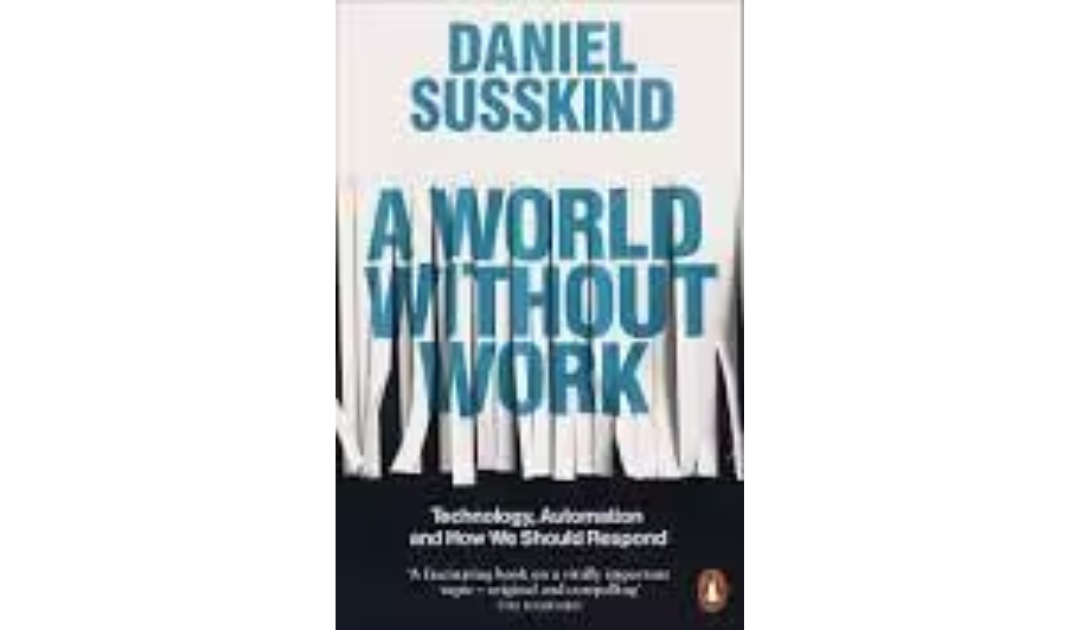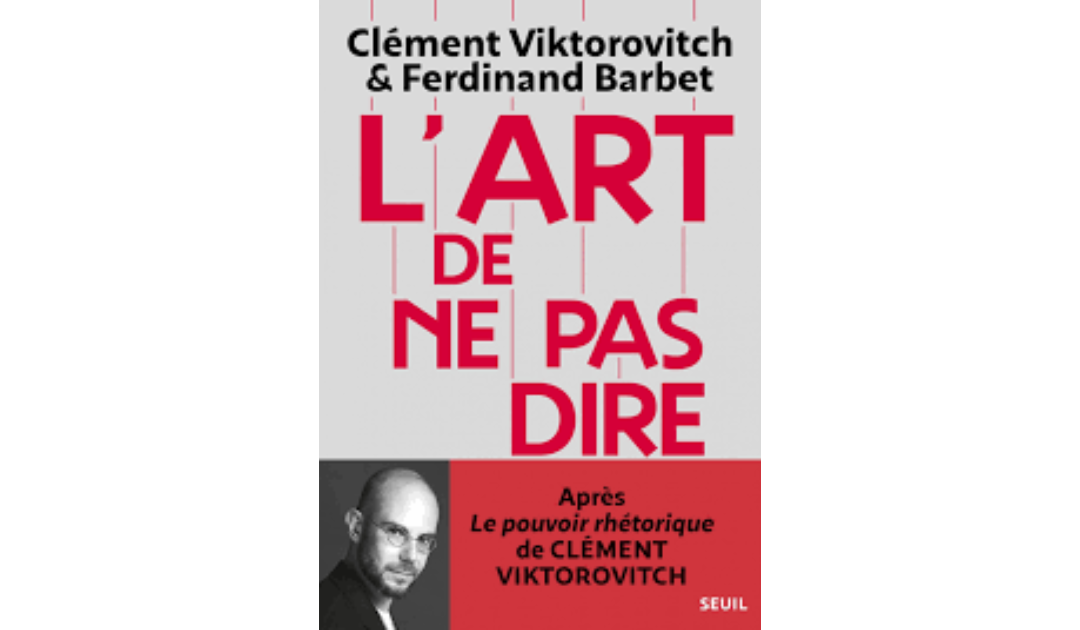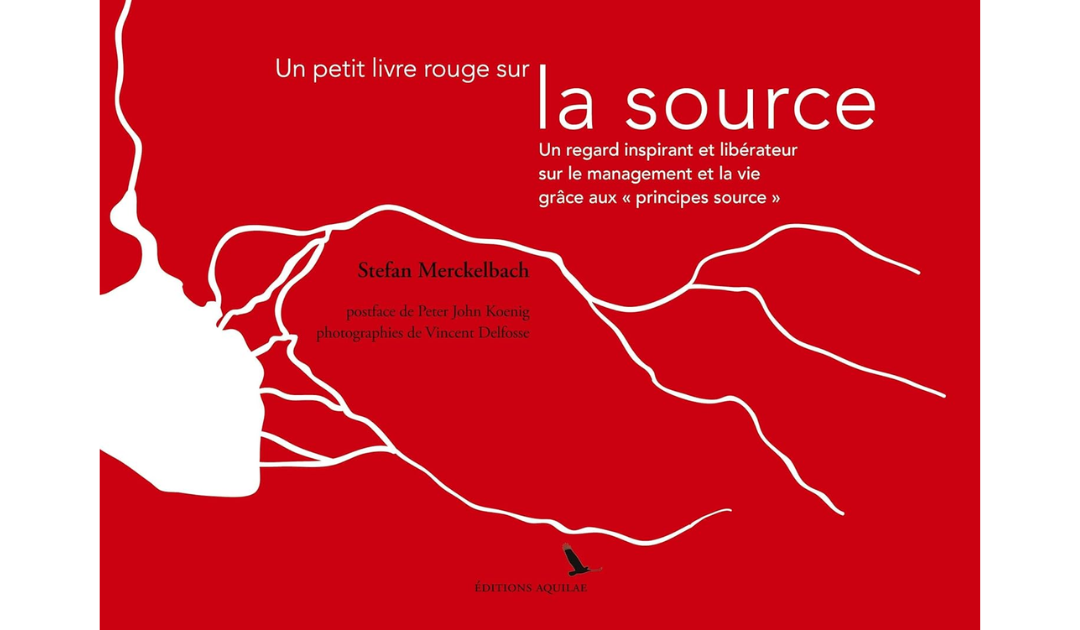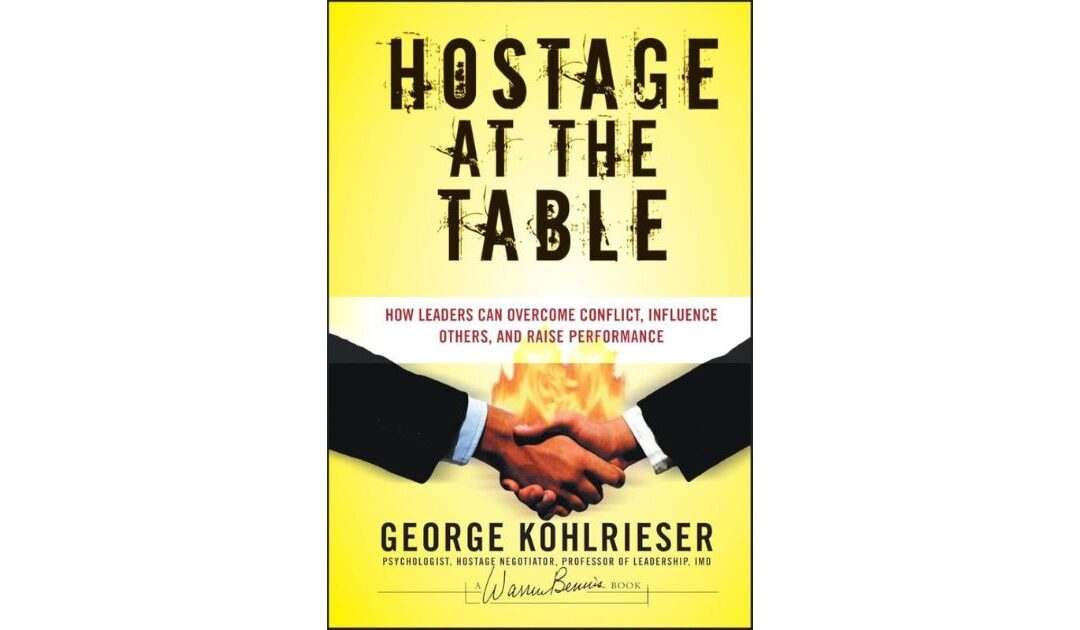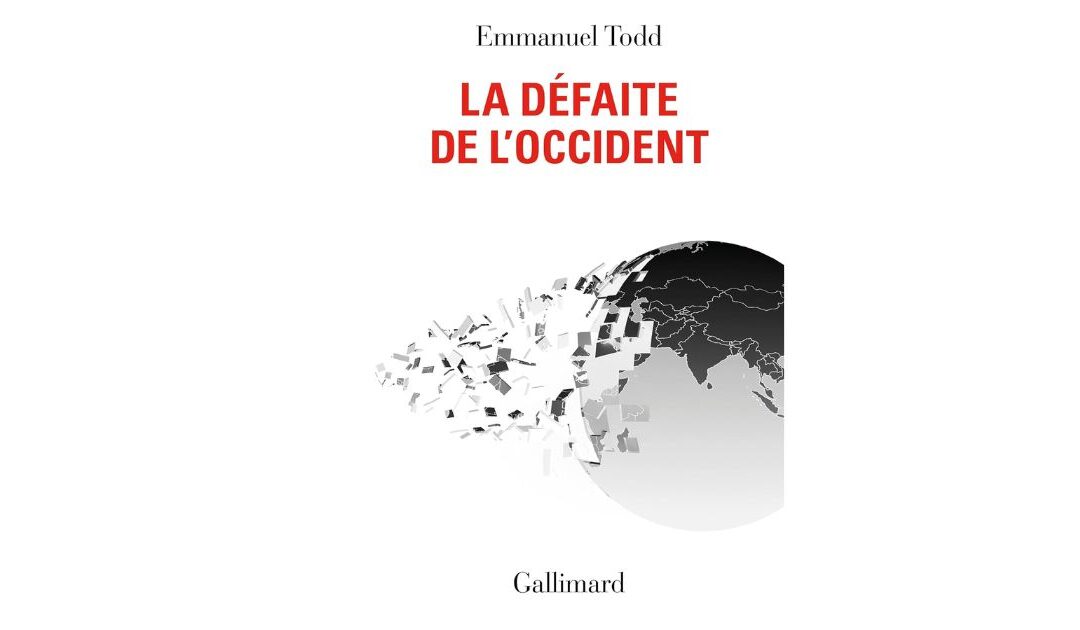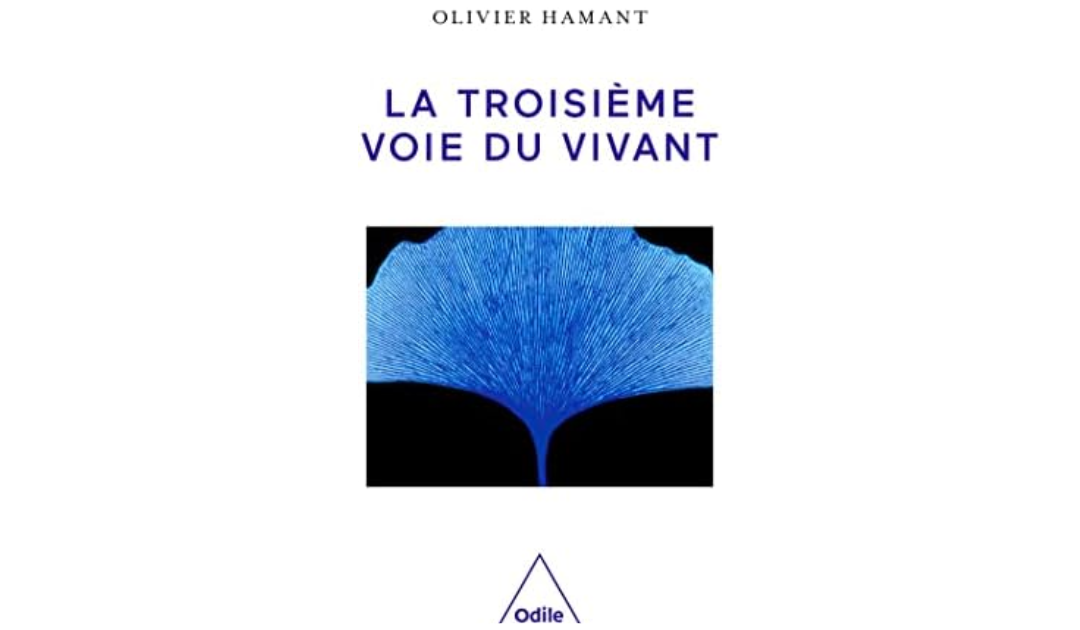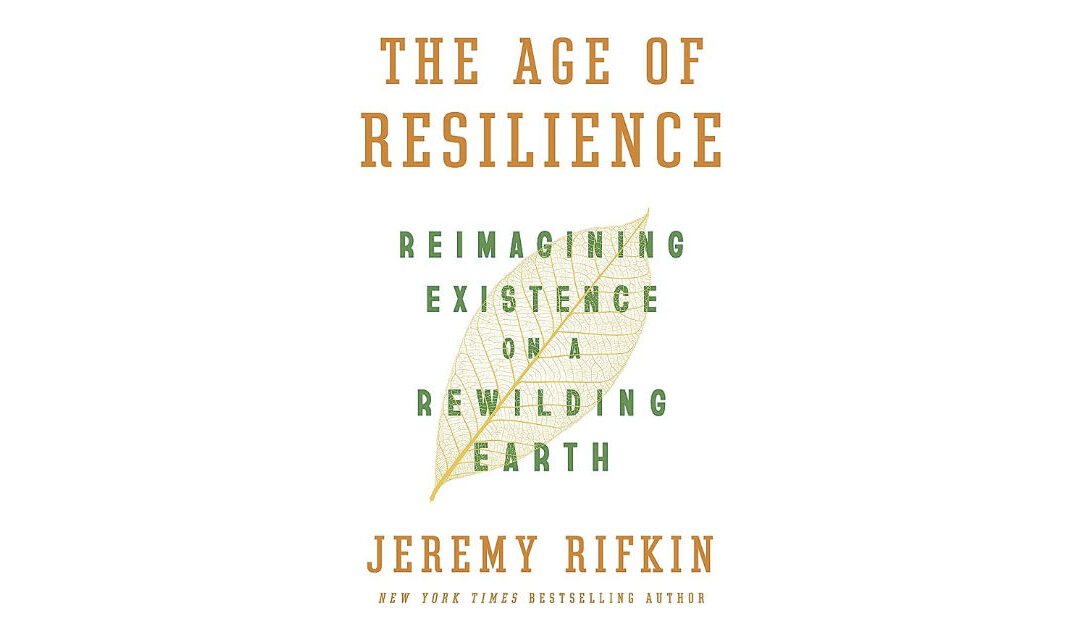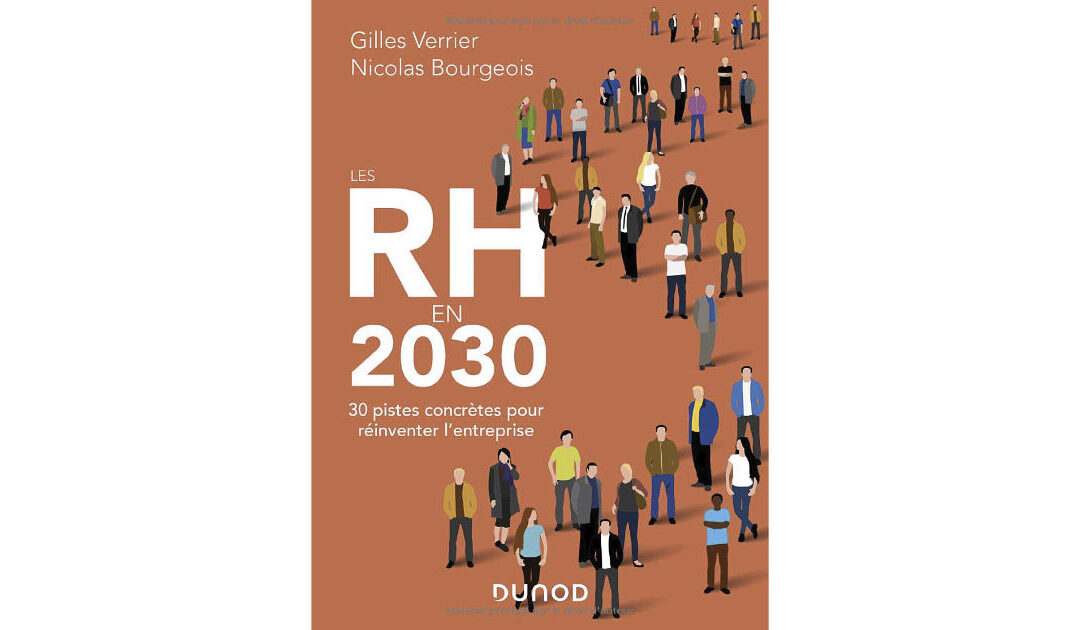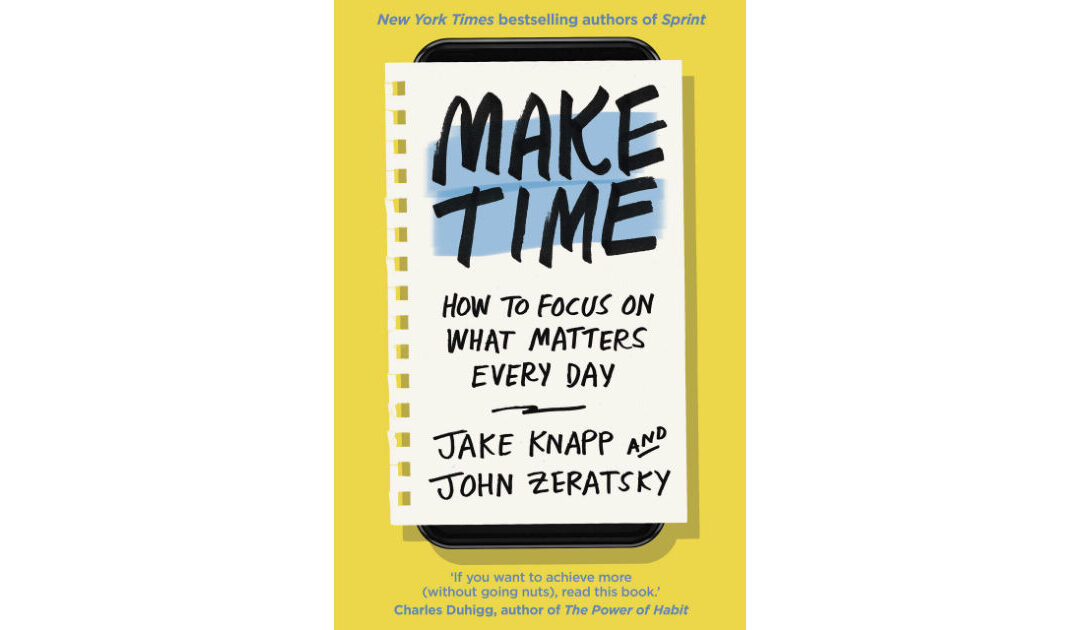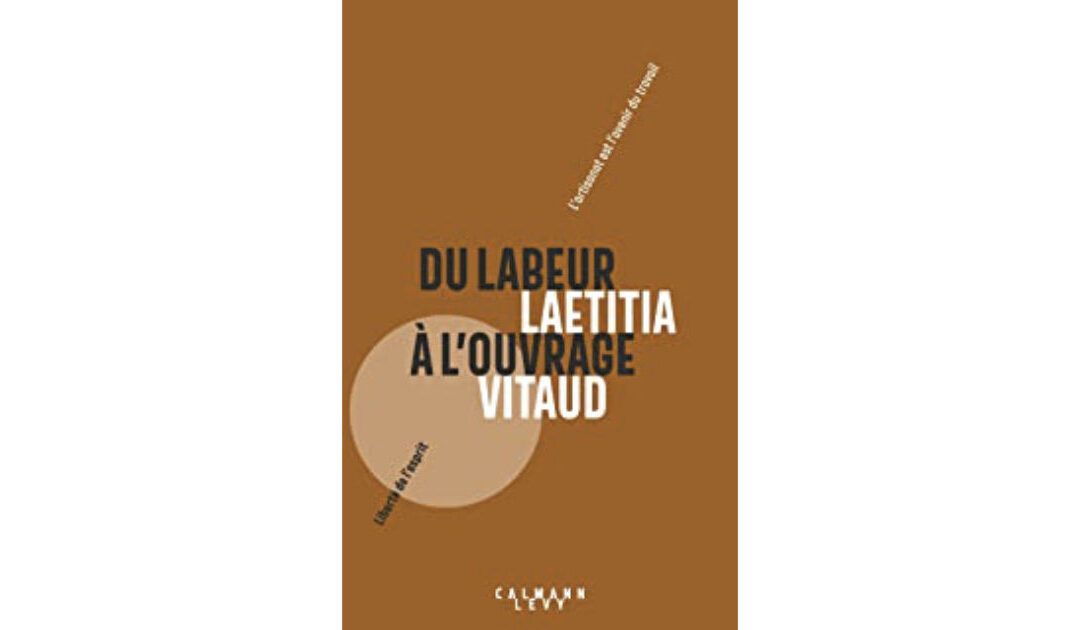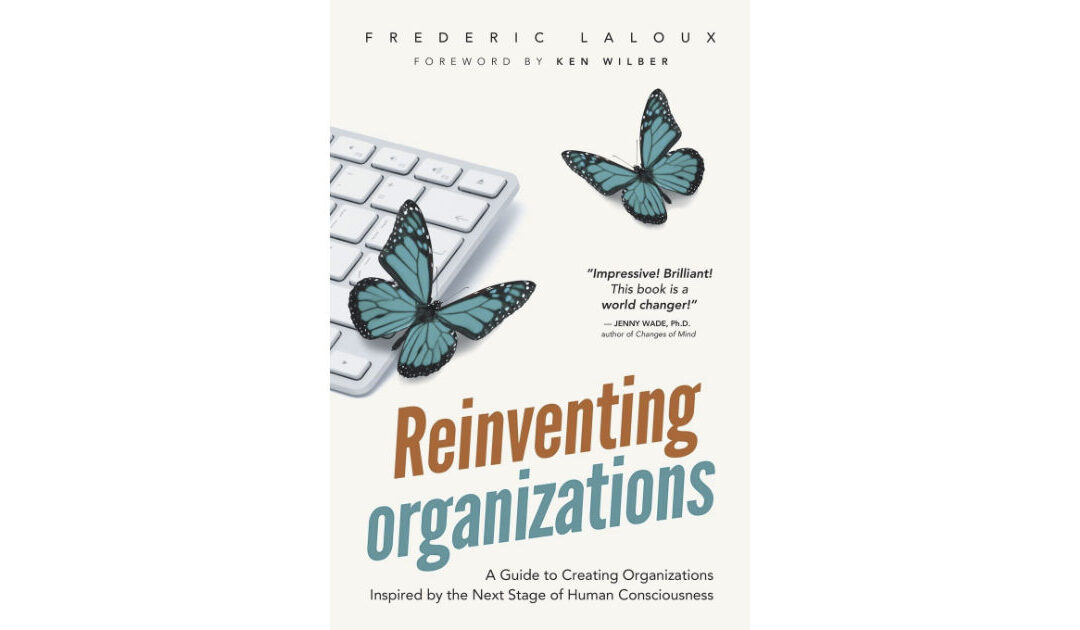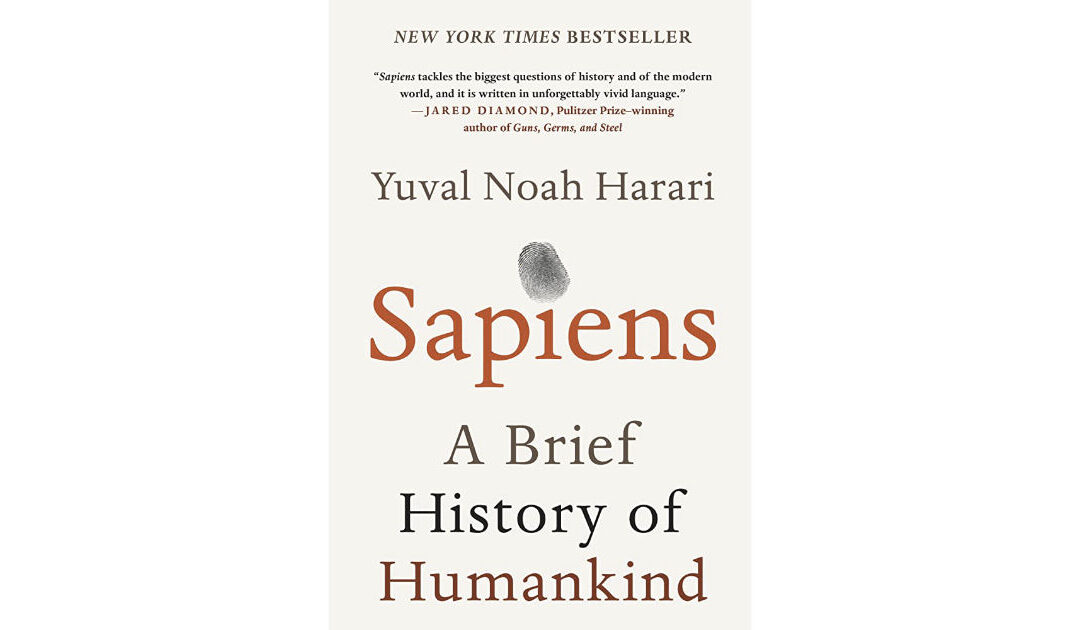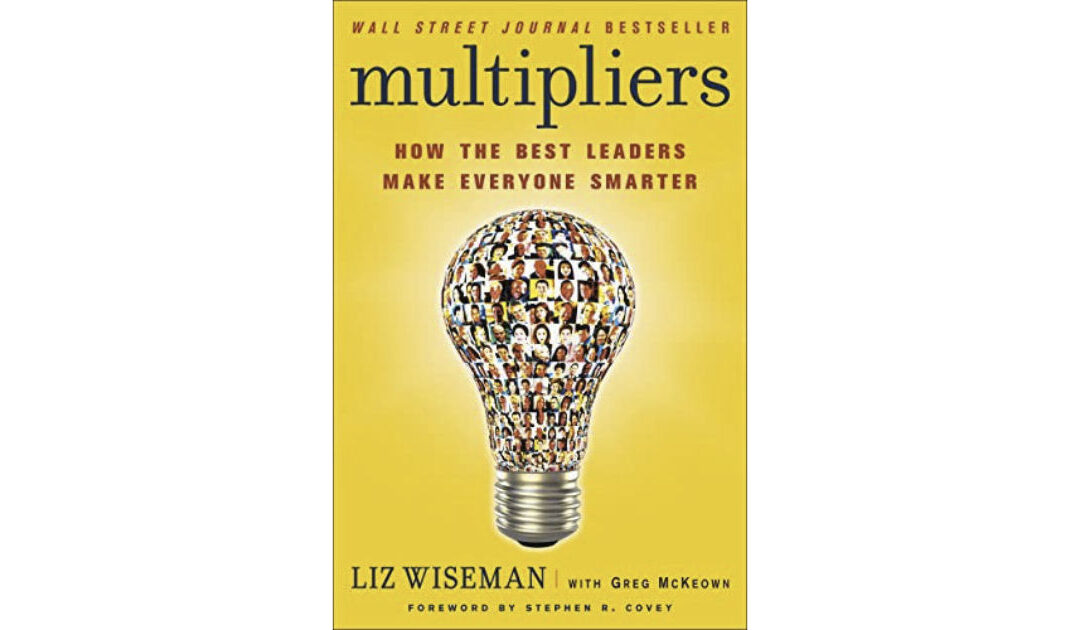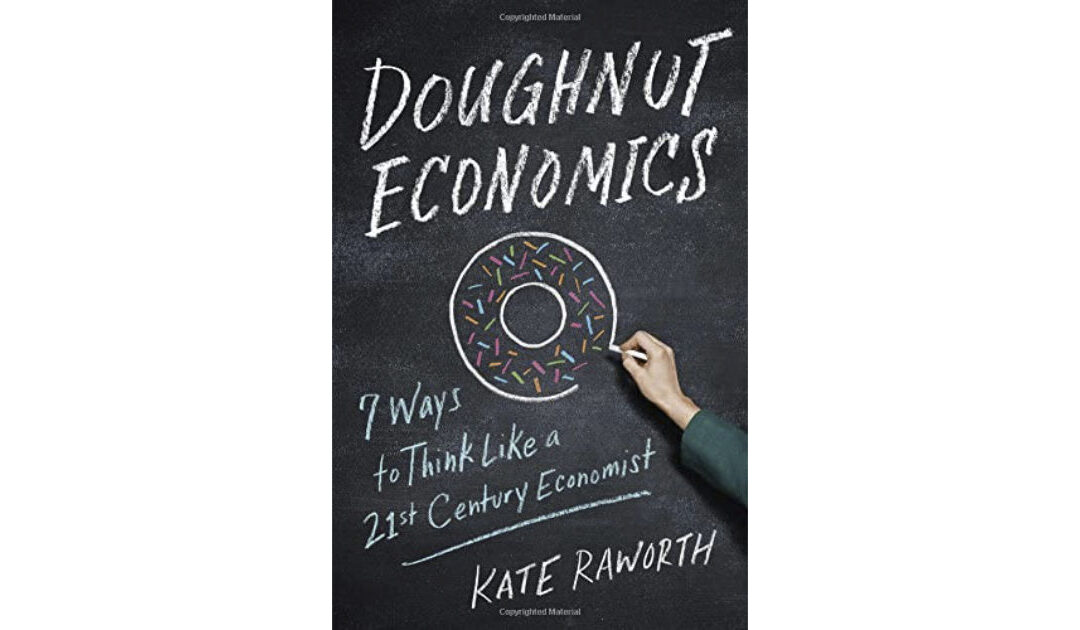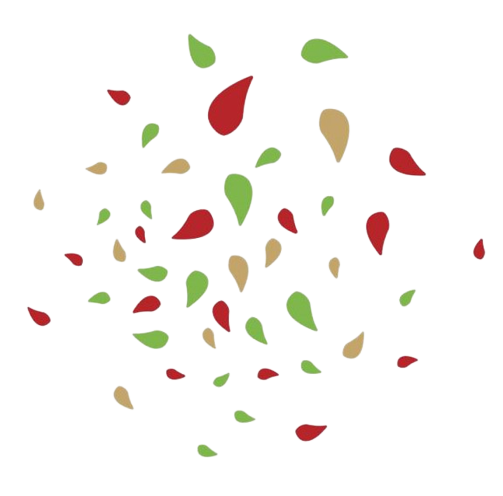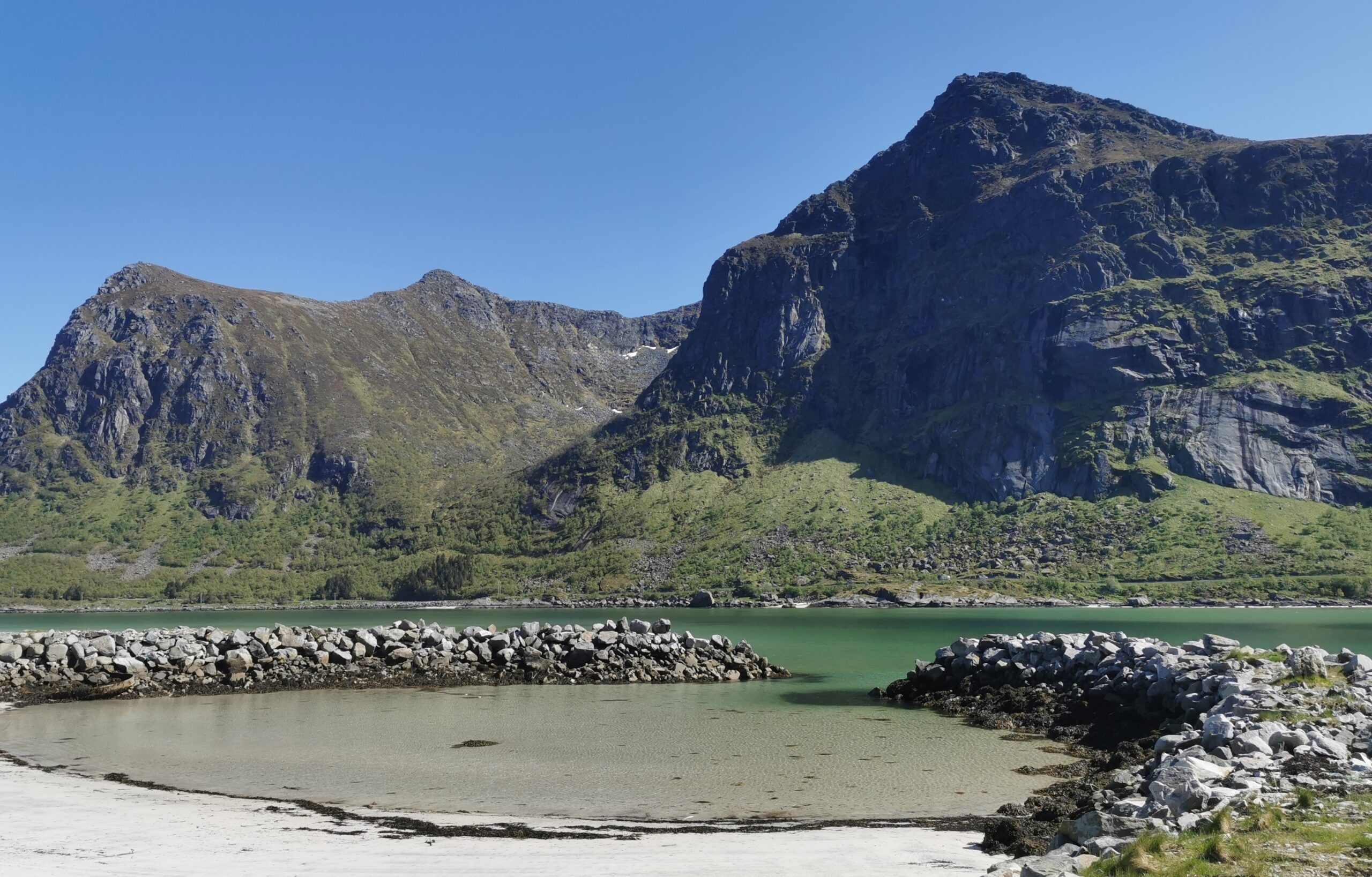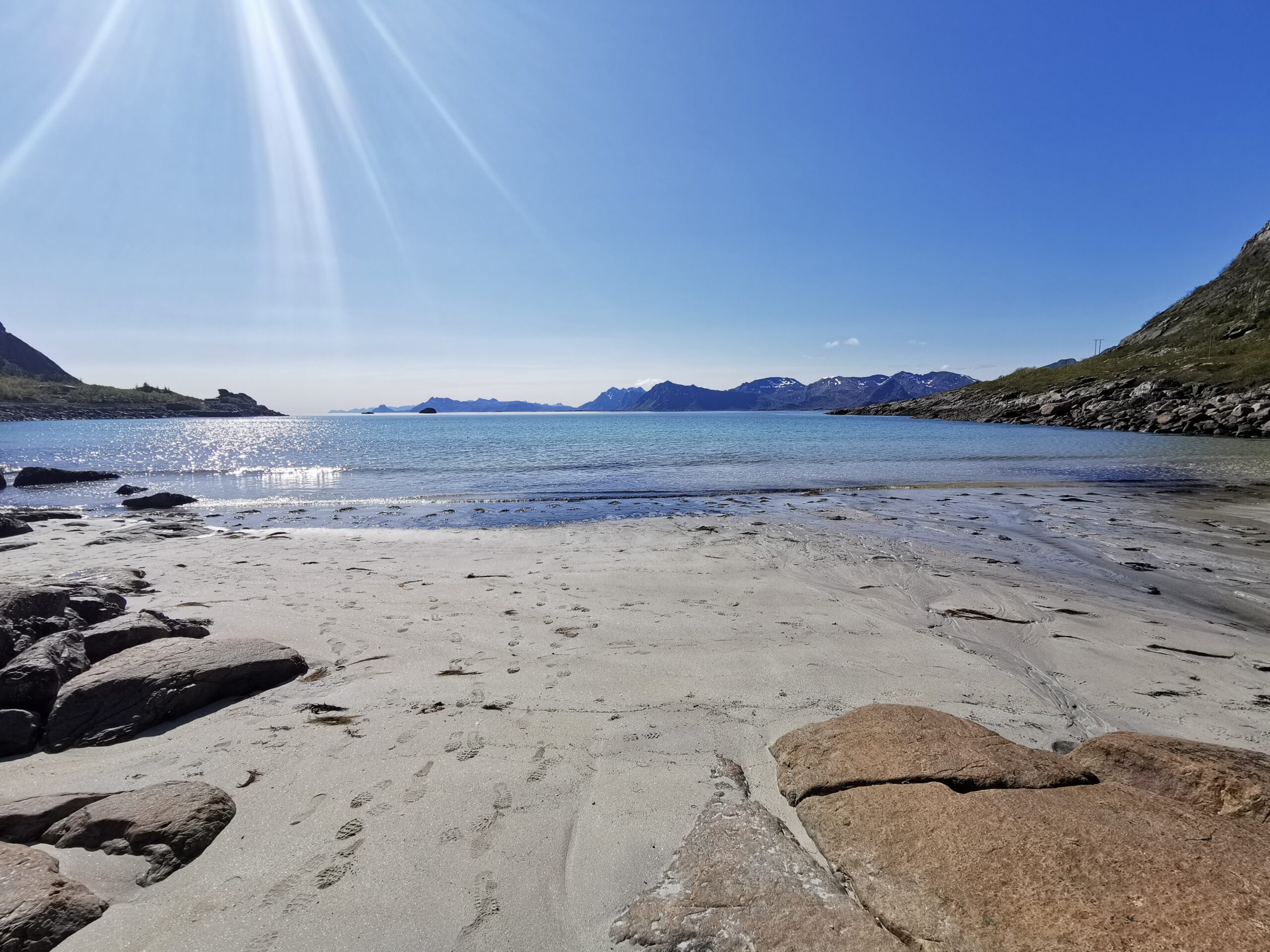Like a devil that bursts out of the box where it had been carefully confined, the term VUCA is on everyone’s lips. What strategies should we adopt today facing volatility, uncertainty, complexity and ambiguity? We remain anchored in control to master our environment. Let’s cultivate our natural ability to adapt.
What strategy to adopt in the face of change?
In recent years, it has become fashionable to use the term VUCA: we have discovered that the world around us is changing. It has reportedly become volatile, uncertain, complex and ambiguous. As if this were a discovery! Yes, constant access to information and technology opens us to a more rapidly accessible world, but the world has always been VUCA.
The message is wrong. It is not volatility, uncertainty, complexity and ambiguity that are new. What is new is the awareness of the forces at work: after having tried to control our environment, we must adopt a new strategy. What should we choose between being submissive, protecting ourselves, controlling the world or adapting to it?
As uncertainty increases, we tighten and reinforce our control strategies.
The corporate world was built to be efficient and qualitative. Most organizational practices are designed to improve what the company does well, on a larger scale and with a view to growth. We pat ourselves on the back when we execute our plans to perfection.
We favor self-centered control strategies, convinced of our omnipotence in the face of this VUCA devil. And the more things move, the more we reinforce our control strategies. With one, three or five year plans, projections from our past, immortalized in our goals, industrialized in our processes and practices. Let’s stick to our KPIs and our roadmap. It’s so reassuring.
The pulse on the outside world
Since we can’t control the world, let’s adopt an adaptive strategy. We don’t know what we don’t know. At each step, we discover to adjust the next step. We move from long execution cycles to very short ones. Hence the growing importance of the shared project, a true compass. A dynamic project, which creates value in its ecosystem and not only for the organization itself. We are evolving from a vision centered on ourselves to a permanent connection with the outside world, gradually integrating new elements that make sense in our approach. We build the future by constantly taking the pulse of the outside world.
Cultivate our natural ability to adapt
Adaptation is a more humble strategy than control. It’s not just about methodologies and tools, it’s about culture, values, connection with each other and the world. It is about ceasing to believe that control and protection are the key to moving forward. To stop advocating values of power and ego. It’s about opening up to listening, letting go, trusting. Stability is no longer in the path, it is in the connection to the world.
Let’s get out of our comfort zone
By having all kinds of plans and insurances, we lose our natural ability to adapt, we become fragile and we put ourselves in danger.
Over the centuries, our intelligence has been shaped to make quick decisions in an uncertain world, decisions that are not perfect and rational, but effective and appropriate. We need to relearn how to adapt.
It’s in our beliefs and reflexes that it grates: we say we are agile, we don’t live agile.

